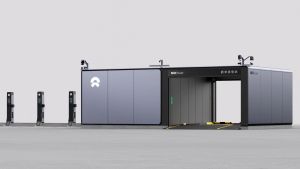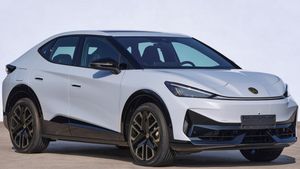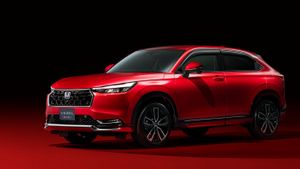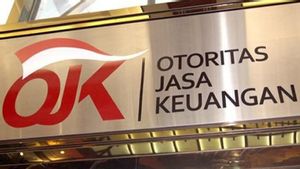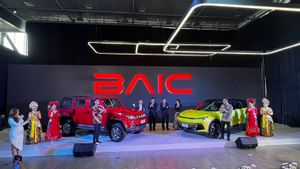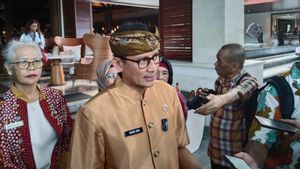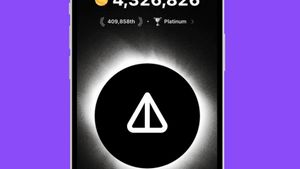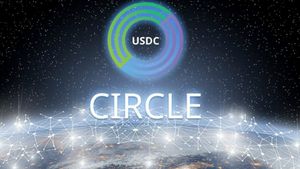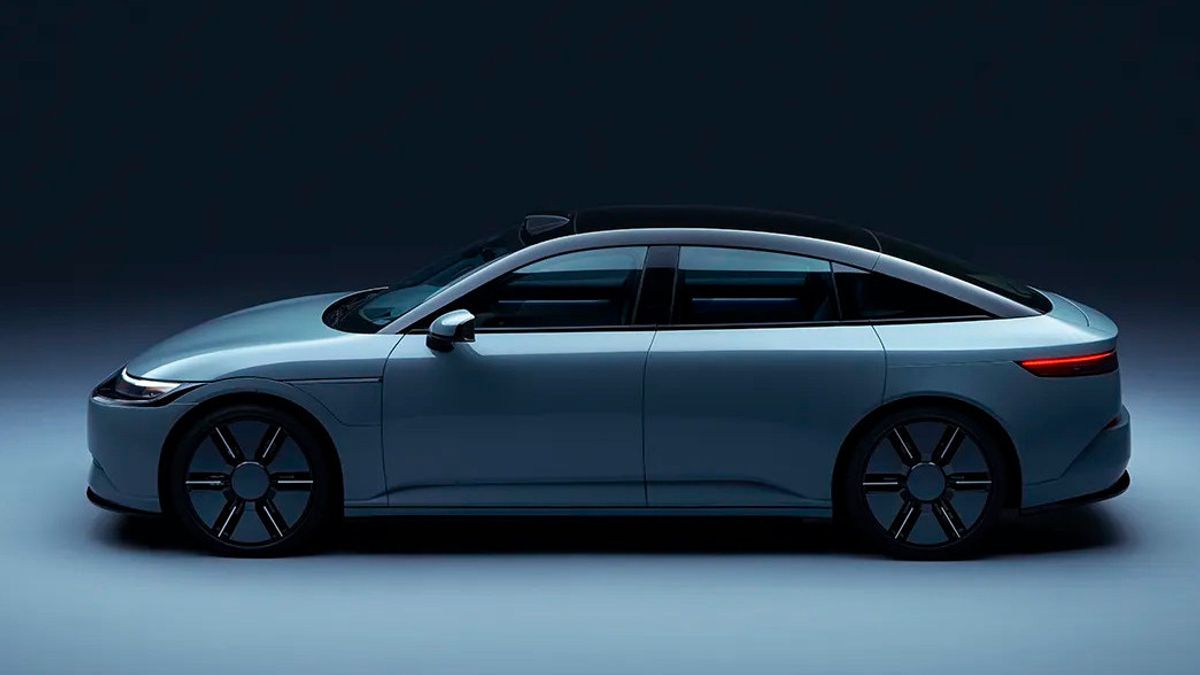
The work of Chinese automotive manufacturers as providers of electric vehicles globally today cannot be underestimated. Not only presenting vehicles with advanced technology, but some of these brands are also active and have succeeded in finding solutions to make the price of electric cars more affordable.
The innovative trend shown by China's automotive manufacturers has prompted a number of other manufacturers to respond.
Nissan, as a pioneer in the early era of electrification, now plans to partner with his colleague, Honda. This collaboration aims to reduce the price of electric cars to be more competitive in the market.
According to a Nikkei Asia report, Friday, March 15, the cooperation plan between Nissan and Honda will focus on reducing development costs by introducing a drivetrain that can be used by both companies.
The report also alluded to the possibility of joint development in terms of design and platforms, as well as the possibility of sharing electric battery technology.
As a result, Nissan will expand its partnership network with other manufacturers besides the alliance with Renault, which is preparing the Micra EV electric car project with a platform shared with Renault's latest 5 EVs.
관련 항목:
For Honda, cross-brand cooperation is nothing new. Previously, in April 2022, this Tokyo-based company had partnered with General Motors (GM) to develop a number of affordable electric vehicles with Ultium battery technology.
However, the partnership unfortunately ended briefly after the two decided to disband the previous year. It was reported that the deal cost up to USD 5 billion.
In addition, Honda has also collaborated with one of the tech giants, Sony, in producing electric vehicles at affordable prices. Through the Afeela brand, this collaboration is expected to give birth to three models by the end of the decade.
The English, Chinese, Japanese, Arabic, and French versions are automatically generated by the AI. So there may still be inaccuracies in translating, please always see Indonesian as our main language. (system supported by DigitalSiber.id)


